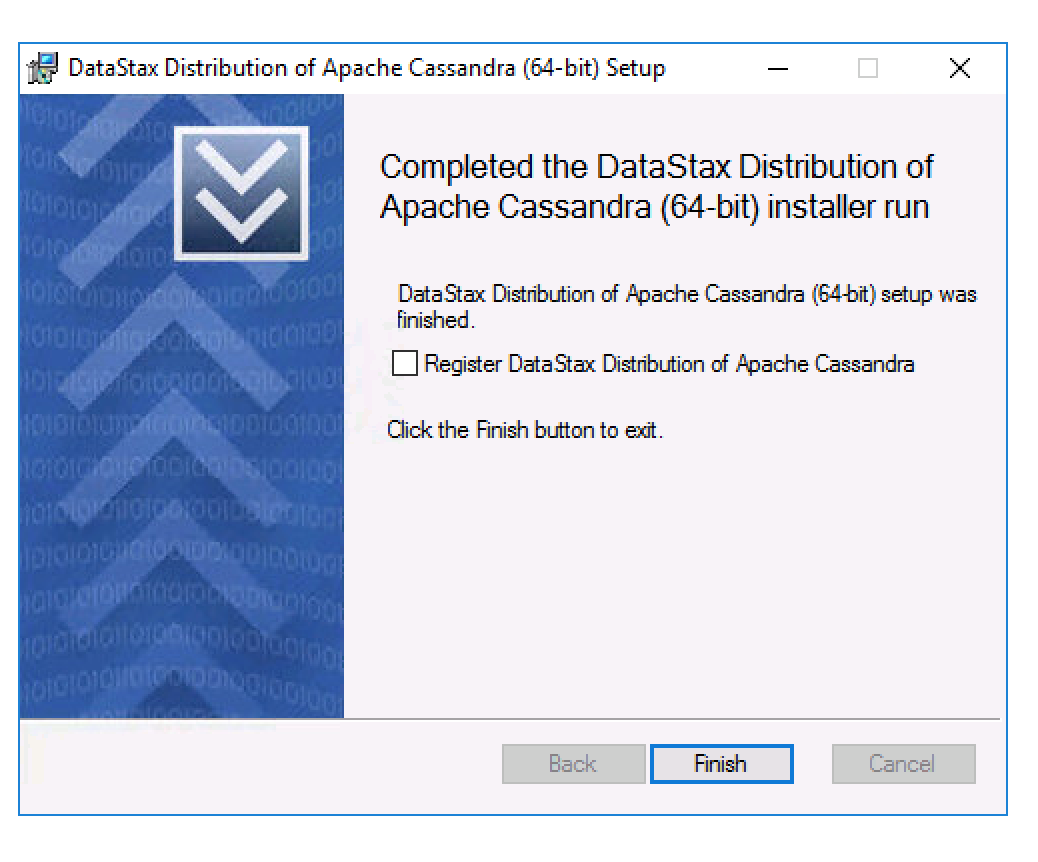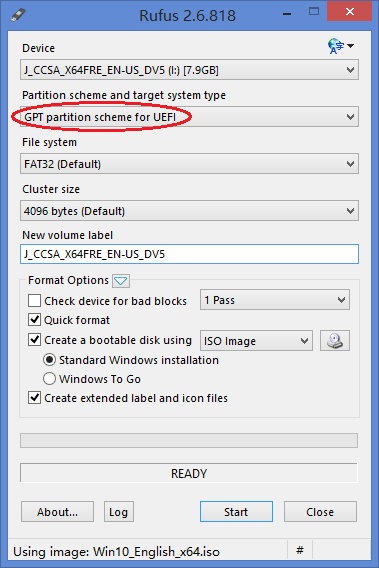Windows Version Support
The current Apache OpenOffice supports Microsoft Windows XP, Vista, Windows 7, Windows 8 and Windows 10.
Hi everyone, I finally managed to make the MSI installer for installing Apache 2.2.4 with modssl and moddeflate. I compiled the Apache, OpenSSL and Zlib using Visual C 2005 Professional SP1 and latest Platform SDK. Overview The following is a list of the current installers for the Zoom application and various plugins. Windows Zoom Client for Meetings Zoom Client for Meetings - MSI Installer Zoom Plugin. Windows 64 bit installer. Click on the link above to download Apache Directory Studio for Windows. Double-click on the installer to open it. The MSI installer ProductVersion differs from the Chrome version number. Email Download link. Get the 64-bit and 32-bit beta bundles. Chrome beta MSI (64-bit).
Specific platform version notes:

- Windows 2000: OpenOffice may work on Windows 2000, but we don’t test or recommend it.
- Windows XP: Tested, stable, no platform-specific problems known.
- Windows Vista: Tested, stable, no platform-specific problems known.
- Windows 7: Tested, stable.
- Windows 8, 10: We run as a “desktop application”, not a Metro “App”. Requires x86 or 64-bit Windows. We do not support Windows RT, the ARM-based version, intended for tablets.
Please note: Apache OpenOffice is distributed as a 32-bit application. It will run successfully in 32-bit mode on 64-bit versions of Windows 7, 8 and 10. But in those cases a 32-bit JVM is required for some functionality. Details are here.
Hardware Requirements
Hardware demands are quite modest and even older machines should be able to run OpenOffice:
- Memory: Minimum 256 Mbytes RAM (512 MB RAM recommended).
- Storage: At least 650 Mbytes available disk space for a default install via download. After installation and deletion of temporary installation files, Apache OpenOffice will use approximately 440 Mbytes disk space.
- Graphics: 1024 x 768 or higher resolution with at least 256 colors.
Windows-specific Features
Apache OpenOffice has the following special features on Windows:
- Mail client integration via Messaging Application Programming Interface (MAPI)
Additional Resources
- Click here to download
- Click here to get Install instructions for OpenOffice on Windows
- Click here to get help and support in the Community Support Forums
Firefox Enterprise offers MSI installers per locale, per cpu architecture (32 and 64 bit) and per channel to help system administrators customize and deploy Firefox in their environments.The MSI installer (supported on Windows 7 and later versions) is a wrapper of the exe full installer that allows customizations through the use of a MST file prior to deploying through standard Windows deployment tools such as Active Directory or Microsoft System Center Configuration Manager.
Table of Contents
- 2Configuration options
- 3MSIEXEC options
- 4Example configuration

Visit https://www.mozilla.org/firefox/all/ and use the drop-down options to select a MSI installer for Firefox Nightly, Developer Edition, Firefox Beta, Firefox Release or Firefox Extended Support Release.
MSI transforms (MSTs) for the Firefox MSI installers can be created or edited using the tool of your choice (MS Orca or other) to customize the installation. This section details the options available.
Firefox custom MSI options
Set a directory path - INSTALL_DIRECTORY_PATH=[path]Absolute path specifying the complete install location. This directory does not need to exist already (but it can).If INSTALL_DIRECTORY_NAME is set, then this setting will be ignored.
Set a directory name - INSTALL_DIRECTORY_NAME=[name]Name of the installation directory to create within Program Files. For example, if INSTALL_DIRECTORY_NAME is set to Firefox Release, then the installation path will be something like C:Program FilesFirefox Release. The Program Files path used will be the correct one for the architecture of the application being installed and the locale/configuration of the machine; this setting is mainly useful to keep you from having to worry about those differences.If this is set, then INSTALL_DIRECTORY_PATH will be ignored.
Install a taskbar shortcut - TASKBAR_SHORTCUT={true,false}Set to false to disable pinning a shortcut to the taskbar. Keygen 2020 design. true by default. This feature only works on Windows 7 and 8; it isn’t possible to create taskbar pins from the installer on later Windows versions.

Install a desktop shortcut - DESKTOP_SHORTCUT={true,false}Set to false to disable creating a shortcut on the desktop. true by default.
Install a start menu shortcut - START_MENU_SHORTCUT={true,false}Set to false to disable creating a Start menu shortcut. true by default.

Disable the maintenance service - INSTALL_MAINTENANCE_SERVICE={true,false}Set to false to disable installing the Mozilla Maintenance Service. This will effectively prevent users from installing Firefox updates if they do not have write permissions to the installation directory. Thales trc 3700 manual. true by default.
Disable removing distribution directory - REMOVE_DISTRIBUTION_DIR={true,false}Set to false to disable removing the distribution directory from an existing installation that’s being paved over. By default this is true and the directory is removed.
Prevent rebooting - PREVENT_REBOOT_REQUIRED={true,false}Set to true to keep the installer from taking actions that would require rebooting the machine to complete, normally because files are in use. This should not be needed under normal circumstances unless you’re paving over a copy of Firefox that was running while the installer was trying to run, and setting this option in that case may result in an incomplete installation. false by default.
Bundle extensions - OPTIONAL_EXTENSIONS={true,false}Set to false to disable installing any bundled extensions that are present. true by default.
Unicode to webdunia converter. Application files extraction directory - EXTRACT_DIR=[directory]Extract the application files to the given directory and exit without actually running the installer. Of course, this means all other options will be ignored.
The command line parameters for msiexec.exe (the Windows component responsible for installing, uninstalling, and otherwise working with MSI files) are documented here and also by the output of the /? option. Our MSI packages, because they wrap a .exe installer and don't really use the MSI framework, do not support many of the command line parameters available to msiexec. This document lists the msiexec parameters that are supported and unsupported for use with our MSI packages.
Supported MSIEXEC Options
- /i or /package
- Installs the product.
- /L or /log
- Generates an MSI log file. All of this option's configuration parameters are supported.
- /m
- Generates an SMS status .mif file.
- Without having a copy of Systems Management Server I've been unable to test this, but it should work.
- /q, /quiet, and /passive
- Sets the UI mode. The full UI option (/qf) is accepted but ignored, because we have no full UI.
- /norestart, /forcerestart, and /promptrestart
- The default behavior is always /norestart, but the other options behave as expected.
- PROPERTY=VALUE
- Command line property configuration is supported for all public properties we provide (meaning the ones with UPPERCASE_NAMES).
Options that do not operate on a package file (/?, /h, /help, /y, /z)
Unsupported MSIEXEC Options
- /f
- Repairs the product.
- /a
- Administrative installation.
- /x or /uninstall
- Uninstalls the product.
- /j along with /t, /g, and /c
- Advertises the product.
- /n
- Specifies a particular instance of the product.
- /p or /update
- Applies a patch (.msp) file.
Here’s an example of a valid .mst file to help understand how options can be changed along with the MSI directory for mozilla central:
There are several ways to use the MSI file with configurable parameters exposed in Firefox MSI:
By using an external MSI editor (e.g. ORCA)
- File/Open and select the MSI to be edited.
- Find the Property table and select it.
- Change the values for the PROPERTIES you need to.
- From ORCA, select File/Save as and save the custom modified MSI installer.
By using a transform (.mst) configuration
- Use Orca to open the MSI.
- Select Transform > New Transform from the menu bar.
- Change the values for the PROPERTIES you need to.
- Select Transform > Generate Transform to save your changes as a transform (.mst) file.
- Run: msiexec /i “Firefox.msi” TRANSFORMS=”custom.mst”
Apache Msi Installer 64 Bit Download
By using command line parameters
- Rename the Firefox MSI file as default.msi
- Move the file in a C:MSI directory
- Run:
- msiexec.exe /i 'c:MSidefault.msi' INSTALL_DIRECTORY_PATH='C:Firefox' TASKBAR_SHORTCUT=false DESKTOP_SHORTCUT=false INSTALL_MAINTENANCE_SERVICE=false /quiet